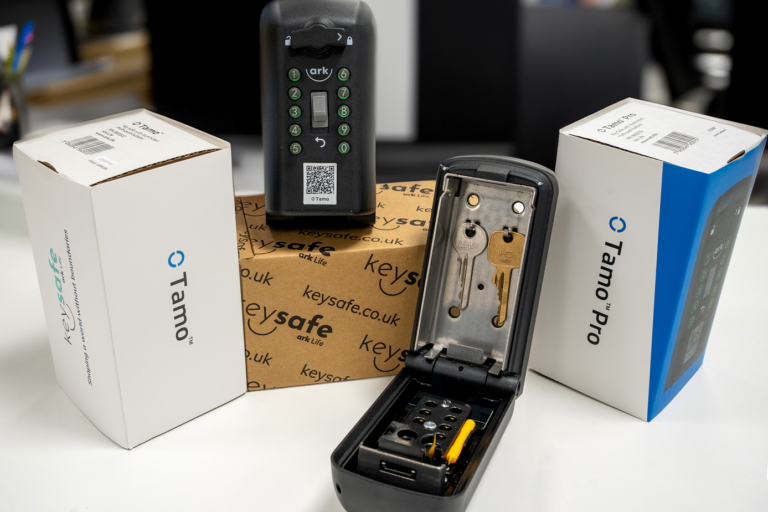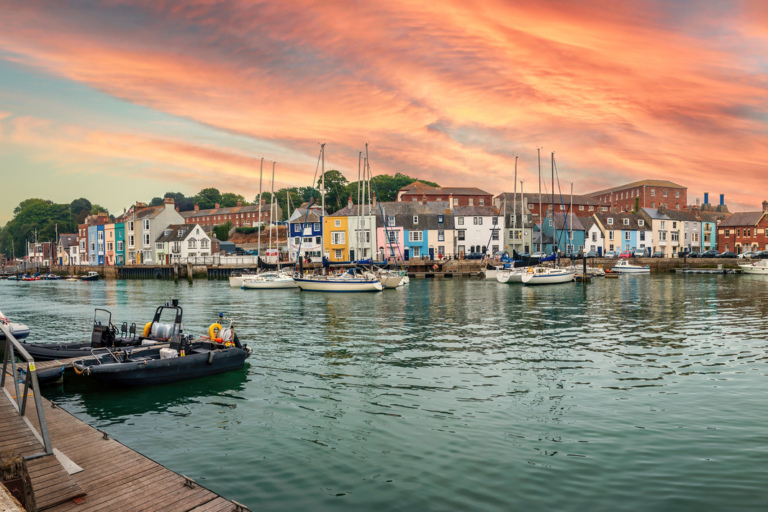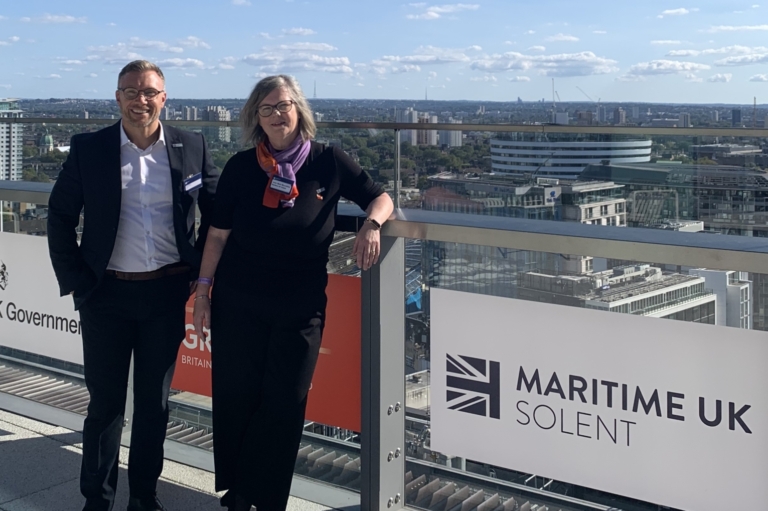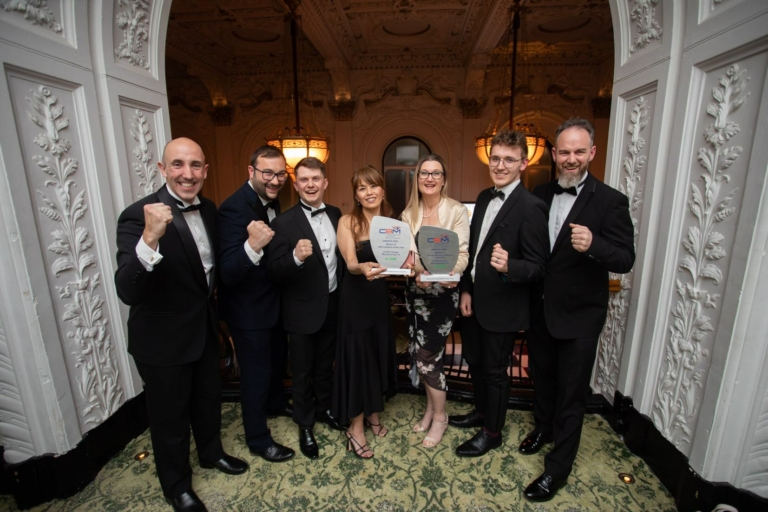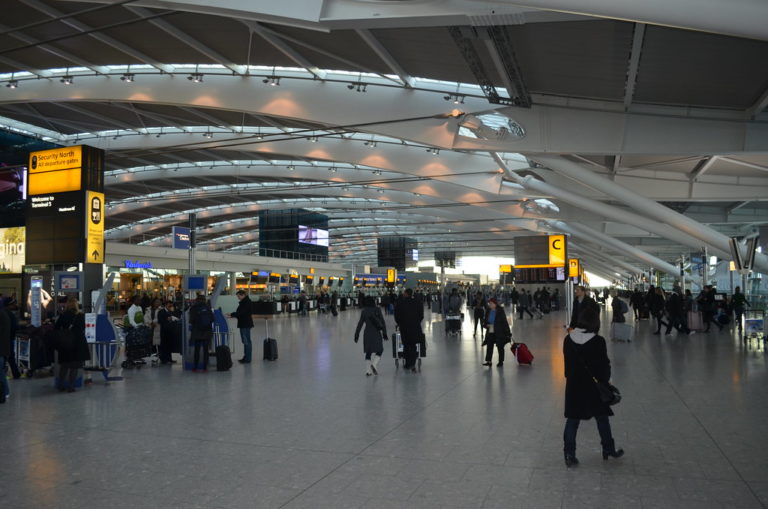Peter Taylor: city and regional economies drive trading relationships
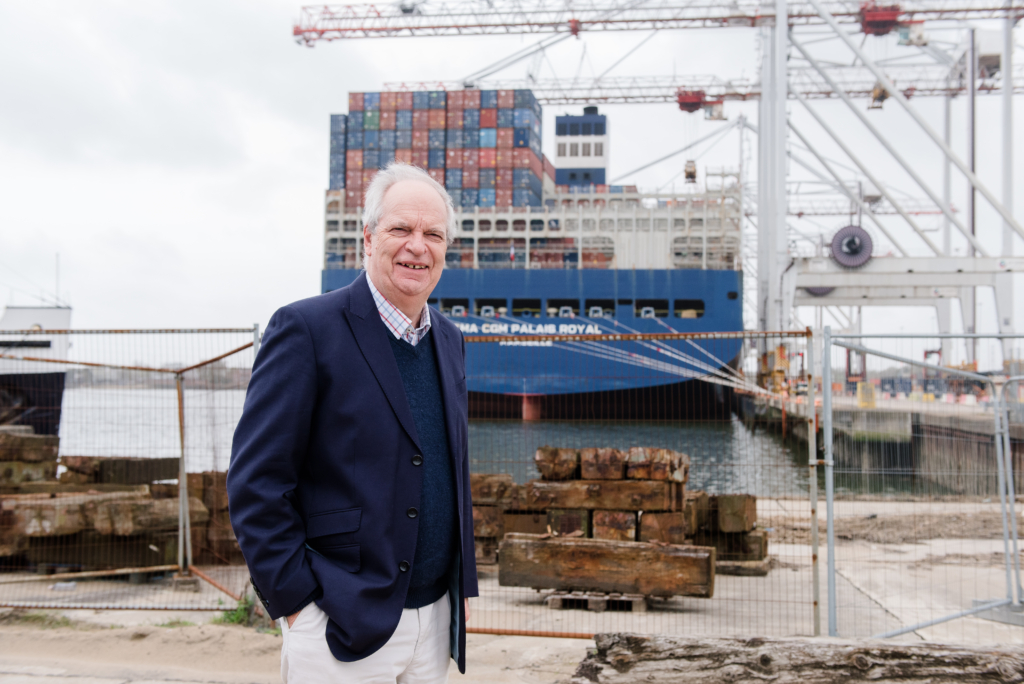
The act of trading has embedded itself in human civilisation for millennia, marking a cornerstone of economic development and intercultural relations. This symbiotic transfer of goods and services is not just a transaction but a conduit for mutual growth and understanding. This article will delve into the rich tapestry of benefits that trading relationships weave, with a particular spotlight on the Central South of the UK and the international port of Southampton, in Hampshire.
Fostering Economic Empowerment
Global trading relationships amplify economic opportunities for cities, leading to tangible growth. Cities which have historically been nodal points for trade, such as Southampton, see far-reaching impacts on employment, infrastructure development, and technological exchange. Diving into the economic fabric, these benefits ripple into the creation of a diverse workforce across the wider central south region, further innovation in the trade of goods, and attracting financial institutions to raise capital for larger economic projects.
Capitalising on Solent Freeport Opportunities
The establishment of the Solent Freeport is a strategic economic initiative which offers immense global opportunities. At its core, it aims to boost the UK’s international trade, attract significant investment, and promote employment in the Solent region, particularly in maritime, logistics and technology sectors. By offering favourable trading conditions such as tax reliefs, simplified customs procedures, and government support, Solent Freeport, spanning sites from Southampton to Portsmouth, is poised to become an international trading hub. This ambition aligns with Southampton's rich trading heritage, promising to catalyse regeneration, innovation, and sustainable growth. The Freeport holds the potential to strengthen global supply chains, foster partnerships with emerging markets, and serve as a gateway for British goods and services to the world stage.
The Solent Freeport initiative represents a key step toward rekindling the UK's legacy in international commerce, with Southampton and the central south region having all the attributes to be at the forefront of this ambitious journey. If history has taught us anything, it is that Southampton's trading roots run deep. The volume of imports and exports through the city’s port is highly valuable to the regional and national economy. The Freeport stands as both a testament and a catalyst to rejuvenate, innovate, and drive sustainable economic advancement. Furthermore, it is more than an infrastructural novelty; it's a beacon for forging new trading alliances, solidifying supply chains, and opening robust conduits for British ingenuity to permeate global markets.
Case in Point: Southampton's Maritime Heritage
Southampton's economy has been intrinsically linked to global trade, largely due to its historical role as a port city. Partnering with trading hubs throughout the world, as the UK’s largest multi-functional port, it is well placed to develop compelling and ensuring trading relationships with other global destination port cities. Key economic hubs of the likes of Boston, Copenhagen, Doha, Mumbai, Perth, and Singapore to name a few all have strong synergies with Southampton, which one should remember is the UK’s largest economic hub south of London, with excellent transport links to the capital (80 minutes by train) and an airport providing connectivity internationally. Southampton has facilitated the exchange of a vast array of commodities, from luxury goods to vital resources.
Associated British Ports reports that in 2023 the port of Southampton handled over half a million vehicles through the port (export and import), 2.75 million passenger movements, over 450 cruise calls, 2 million (TEU) containers and 1.2 million tonnes of bulk.
These volumes and relationships have boosted the port's value to the economy. They also highlight and showcase industry trends, serving as a testament to the enduring value of a strong network of global trading partners.
Lord Steve Bassam, BITC Place Co-Director, echoes the sentiment, stating, "'The opportunity and energy in Southampton is evident for anyone to see when you visit the City and meet with the local businesses and communities. It is for this reason we would like Southampton to be Business in the Community's next place location. We believe there is a real appetite amongst the business community to engage with civic institutions to make a difference and help in the transformation of the city.'"
This recognition from a prominent figure underscores Southampton's potential to leverage its trading relationships and foster a collaborative environment between businesses and civic organisations, further propelling the city's economic and social transformation.
Spearheading Technological Advances
Trading relationships are not confined to the financial ledger—they are conduits for knowledge and cultural exchange. The transfer of goods, ideas, and people transcend borders, creating a rich mosaic of joint collaboration on research projects of the region’s universities to develop artificial intelligence and sustainable solutions for global challenges.
Embracing Cultural Splendour
Cities engaged in robust trade are vibrant, multicultural hubs, where insights and innovations are shared freely, the arts flourish, and cuisine becomes diversified.
Imagine the integration of spices from the Far East into European cooking, the spread of religious philosophies and practices along trade routes, and the blending of architectural styles across the globe. Southampton, with a history of welcoming different cultures through its ports, reflects this beautifully. It boasts a rich maritime museum, a diverse music scene, and an eclectic fusion cuisine—all influenced by its trading partners and their native traditions.
Historical Trading Routes: The Birthplace of Modern Exchange
Reflecting on historical trade routes, it becomes apparent that for centuries, trade has been the lifeblood of the global economy. The Silk Road epitomises a historical example where trading relationships between global cities forged new economic frontiers and fostered cross-cultural links.
The Silk Road Legacy
The Silk Road, an ancient network of trade routes, connected the East with the West, allowing for the exchange of goods, technologies, and ideas. This monumental trade relationship was pivotal in not just material wealth but in the transmission of knowledge and cultural exchange, contributing to advancements in mathematics, astronomy, and the arts. We can and should learn from the legacy of such routes and build on that knowledge and experience to serve current and future demands for thriving economies..
Looking to the Future
As we stand on the precipice of a new era shaped by digital technology and environmental consciousness, the benefits of trading relationships are set to evolve. It is not just about the commerce of tangible goods anymore; it is about the sustainable future, including renewable energy and green shipping. Trading cities around the world are already pledging to reduce carbon emissions and embrace technology to make trade more efficient and transparent.
Taking the Next Step: Digitalisation and Sustainability
With the wave of digital transformation, trading cities can expect to see smoother cross-border trades, streamlined logistics, and greater market reach. Moreover, there's a renewed focus on sustainability, with many cities leading the charge on green initiatives. Southampton, for example, is pioneering the electrification of inland vessels and has introduced shore power facilities at the port to reduce emissions and lead by example.
In conclusion, the benefits of trading relationships stretch far beyond the immediate transaction, enriching the economic, social, and cultural fabric of our interconnected world. Southampton, with its rich history of global trade, serves as a beacon of these values, demonstrating the indelible mark that trading relationships leave. As we forge ahead, embracing new technologies, and innovative approaches to trade, the future looks bright for cities which are committed to continue to engage in global exchanges with an open mind and a pioneering spirit.
Peter Taylor is the President of Hampshire Chamber of Commerce







